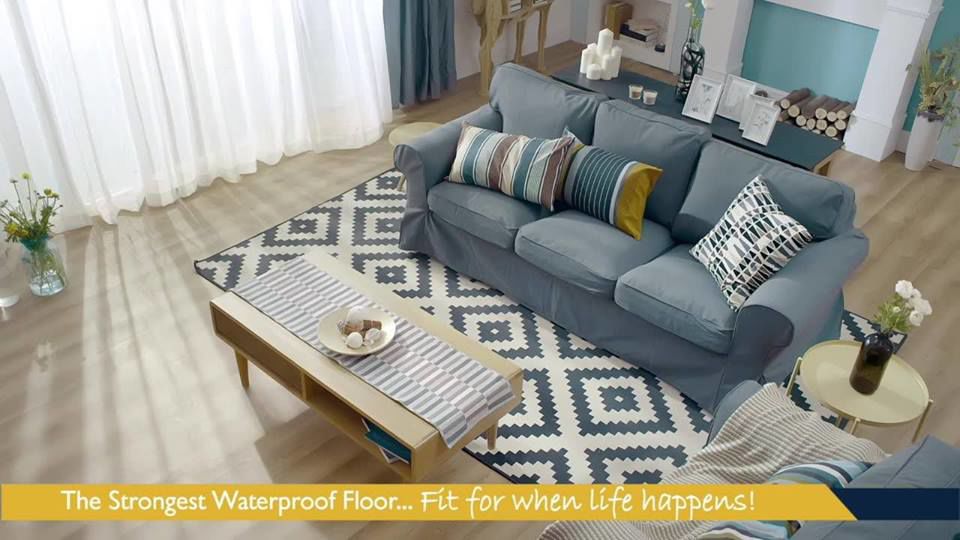Contributed
One of the primary reasons why a lot of us often invest a considerable amount of time and resources in home improvement projects isn’t merely for our convenience, but to get as close to our asking price as possible when the time comes to sell the property. While these types of projects can often entail high costs, there are a few ways that can help minimize expenditure. To this end, here are a few top tips on how to increase the value of your home on a budget.
1. Start with practical and functional improvements first
While the aesthetic appeal of a home is undoubtedly a crucial factor in boosting the value of the property, it’s often a good standard practice to start with more practical improvements first. From the plumbing repairs to the electrical upgrades, it’s a smarter approach to focus on areas that are more functional when tackling home improvement projects. In this way, you won’t risk not having anything left from the budget you have allotted.
2. Make it a habit of looking for inexpensive alternatives
The reason why home improvement projects are often associated with high costs is that we usually settle for the first thing that we see instead of checking for other options. While it may be tedium that many of us would rather be without, spending the time looking for inexpensive alternatives can go a long way toward minimizing expenditure for your home improvement projects. One good example would be www.firmfitfloor.com since they sell flooring materials that aren’t just cheaper than most alternatives but relatively easy to install too.
3. Take it one step at a time
The temptation to tackle the entirety of the property always exists when it comes to home improvement projects. After all, the more we accomplish now will mean a lot less work to do later. However, this is not only an easy way to blow the budget, but we also risk making potentially costly mistakes too. Instead, take it one step at a time. In this way, you’ll be much more focused and able to control your expenditure in the process.
4. Try to clean up first before purchasing replacement items
Another reason why many homeowners often have to invest a considerable amount of money in home improvement projects is that of the need to purchase replacement items like furniture and fixtures. More often than not, however, we don’t realize that a lot of the items that we are replacing are still in good condition and require little more than a cleanup. Be sure not to skimp on this task, as putting in a little elbow grease now can save you a significant amount of money in your home improvement projects later on.
Home improvement projects are a great way of giving a property a boost in value, but they can be huge and costly undertakings too. However, it doesn’t always have to be expensive. By prioritizing practical improvements and investing time looking for inexpensive alternatives, you’ll not only have a better chance of lowering your expenditure but even achieving the desired results under budget too.

